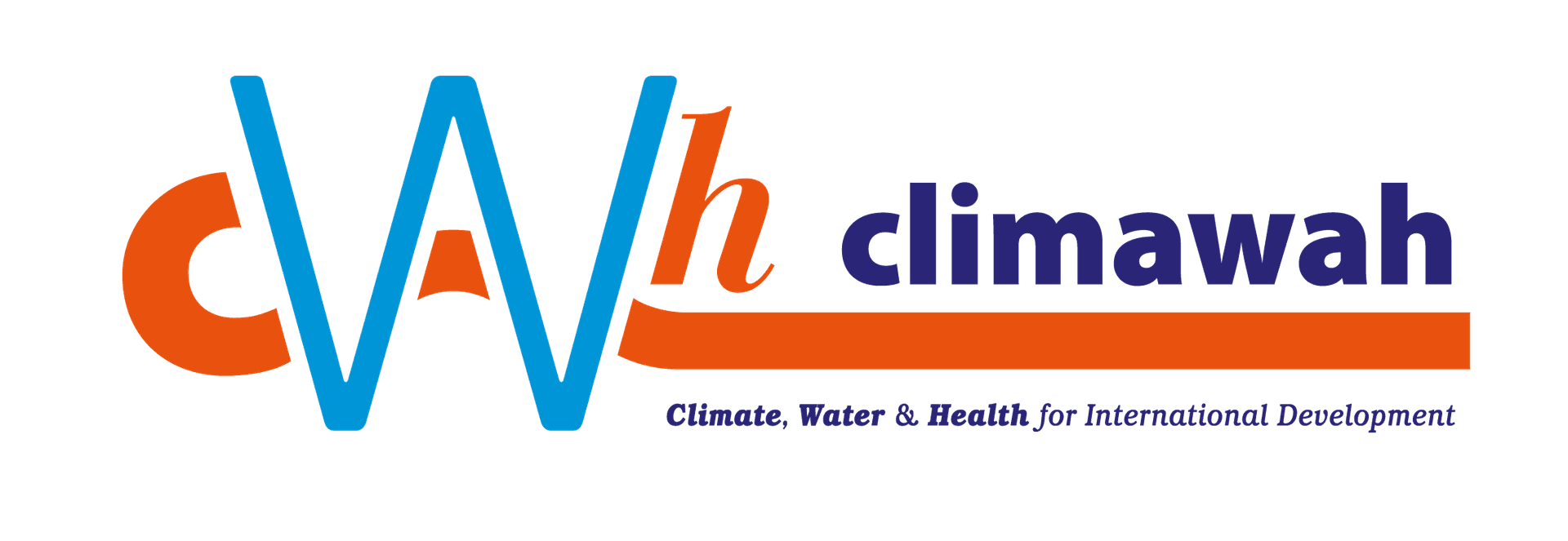Economic Evaluation Research
Current investigators focus on assessing the cost-effectiveness of vaccines against climate-sensitive infectious diseases (CSIDs) such as dengue, malaria, yellow fever, cholera, Japanese encephalitis, meningitis A, and typhoid fever that are expanding their geographic range due to rising temperatures and altered precipitation patterns. Recent studies demonstrate substantial economic value for these interventions: dengue vaccination programs show cost-effectiveness ratios ranging from $679-1,331 per DALY averted, with TAK-003 dengue vaccine in Thailand being cost-dominant (cost-saving) at prices up to $89-93 per dose. Current research emphasizes that sustained vector control combined with vaccination remains highly cost-effective even with medium-efficacy vaccines, with dengue vector control interventions achieving 50-90% vector population reductions at costs of $679-1,331 per DALY averted. Studies show that climate-responsive vaccination programs can provide substantial economic returns: Gavi's investment of $34 billion in 94 low- and middle-income countries resulted in savings of $586 billion from direct illness costs, with vaccine programs typically costing less than $50 per life gained [1-3].
While future studies will examine climate-informed vaccination strategies that integrate real-time environmental surveillance with predictive epidemiological modeling to optimize vaccine deployment timing and geographic targeting, development of next-generation influenza vaccines (NGIVs) designed for climate-altered transmission patterns with universal protection lasting up to 5 years, and economic evaluation frameworks that capture the broader societal benefits of climate-adaptive vaccination programs including supply chain resilience and productivity gains. Future research will focus on developing tiered pricing mechanisms for climate-responsive vaccines to ensure global equity—with universal vaccines requiring prices of $5.50 in low-income countries versus up to $4,800 in high-income countries for cost-effectiveness—and integrated economic models that combine vaccination with climate adaptation measures such as early warning systems and health system strengthening. Research priorities include developing "Vaccine Risk Indices" that incorporate climate, urbanization, and development variables to guide vaccination program design, and assessing the economic value of combination vaccines that address multiple climate-sensitive pathogens simultaneously [4-6].
This research area continues to evolve as we build evidence base for climate-responsive immunization policies that maximize health protection per dollar invested while addressing equity considerations in an era of expanding disease transmission zones. The field is moving toward real-time, climate-informed vaccination strategies that can dynamically adjust coverage and targeting based on environmental conditions and disease forecasting models. Key research gaps include limited economic evidence from Latin American and Caribbean countries where CSIDs are rapidly expanding, insufficient monetization of broader economic impacts beyond healthcare costs, and the need for standardized frameworks to evaluate the cost-effectiveness of integrated climate-health adaptation packages that combine vaccination with environmental interventions. The ultimate goal is establishing evidence-based, climate-responsive vaccination policies that optimize resource allocation to protect vulnerable populations from climate-exacerbated infectious diseases while building long-term health system resilience [5,7]. Our research portfolio continues to expand in response to emerging climate health challenge.
Citations
- Fitzpatrick C, Haines A, Bangert M, Farlow A, Hemingway J, et al. (2017) An economic evaluation of vector control in the age of a dengue vaccine. PLOS Neglected Tropical Diseases 11(8): e0005785. https://doi.org/10.1371/journal.pntd.0005785
- Shen J, Kharitonova E, Tytula A, Zawieja J, Aballea S, et al. (2025) Vaccination strategies, public health impact and cost-effectiveness of dengue vaccine TAK-003: A modeling case study in Thailand. PLOS Medicine 22(6): e1004631. https://doi.org/10.1371/journal.pmed.1004631.
- Rodrigues CMC, Plotkin SA. Impact of Vaccines; Health, Economic and Social Perspectives. Front Microbiol. 2020 Jul 14;11:1526. https://doi.org/10.3389/fmicb.2020.01526.
- Goodfellow L, Procter SR, Koltai M, Waterlow NR, Filipe JAN, et al. (2025) The potential global health impact and cost-effectiveness of next-generation influenza vaccines: A modelling analysis. PLOS Medicine 22(6): e1004655. https://doi.org/10.1371/journal.pmed.1004655.
- Kim CL, Agampodi S, Marks F, Kim JH, Excler JL. Mitigating the effects of climate change on human health with vaccines and vaccinations. Front Public Health. 2023 Oct 12;11:1252910. https://doi.org/10.3389/fpubh.2023.1252910.
- Wang, D., Bjørnstad, O.N., Lei, T. et al. Supply chains create global benefits from improved vaccine accessibility. Nat Commun 14, 1569 (2023). https://doi.org/10.1038/s41467-023-37075-x.
- Caballero N, González-Teshima LY, Arias-Amaya JS, Castaño-Duque S, González-Uribe C, González C, Sarmiento JH, Niño-Machado N, Pinilla-Roncancio M. The economics of climate-sensitive infectious diseases affecting human health in Latin America and the Caribbean: a scoping review. BMJ Glob Health. 2025 Apr 28;10(4):e018302. https://doi.org/10.1136/bmjgh-2024-018302.
This website uses cookies
